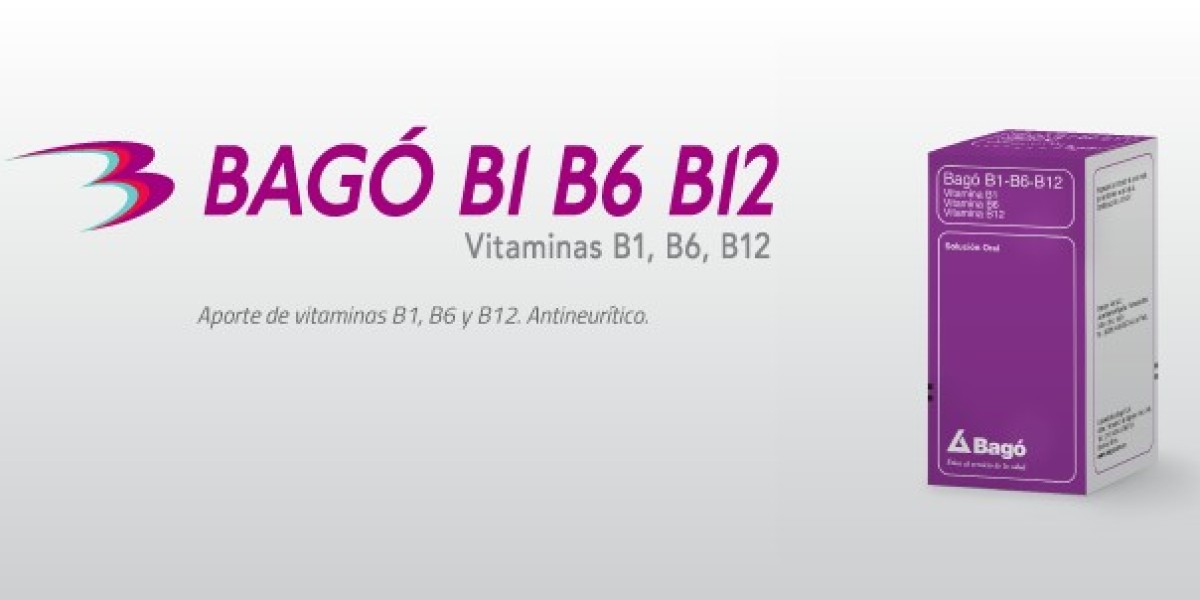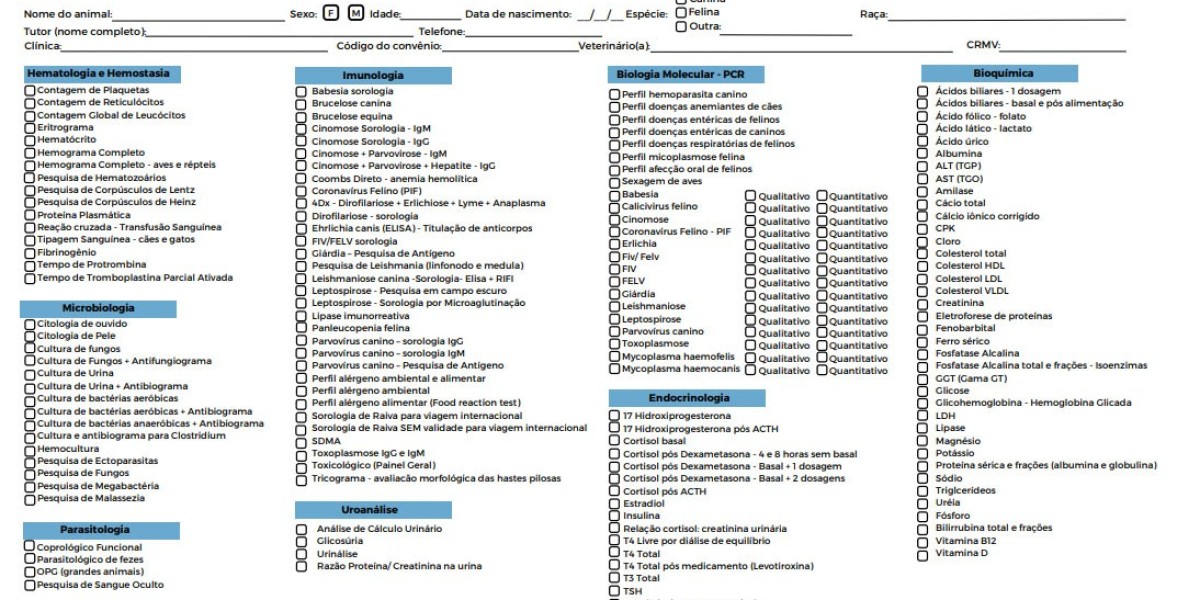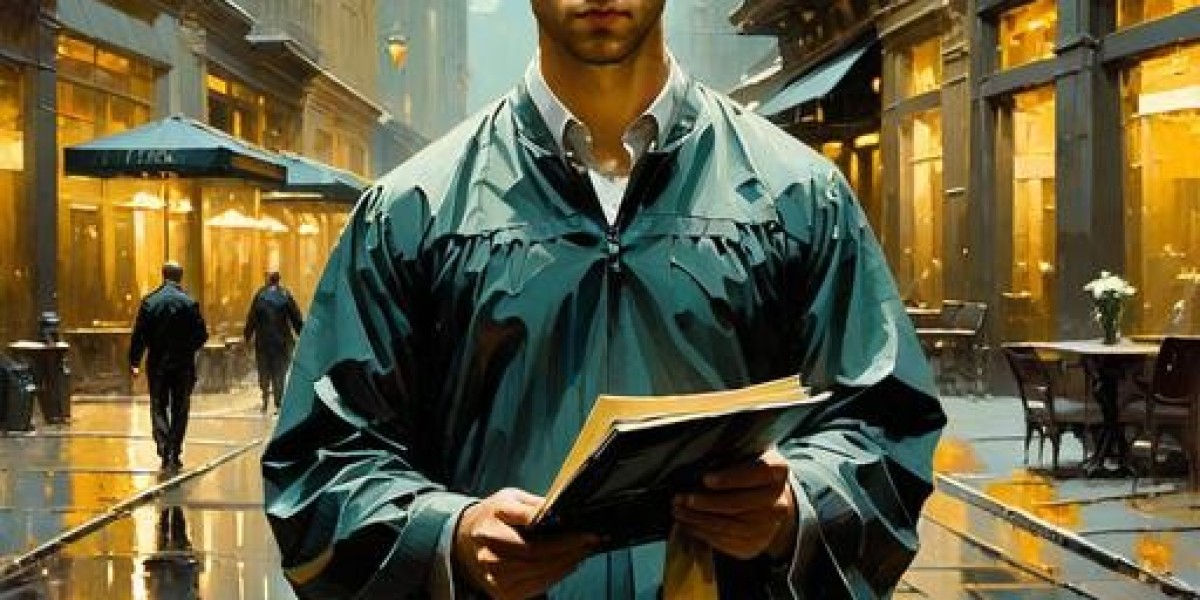OpenAI and the White House have implicated DeepSeek of using ChatGPT to inexpensively train its new chatbot.
- Experts in tech law say OpenAI has little option under intellectual home and agreement law.
- OpenAI's regards to usage may use but are mainly unenforceable, forum.pinoo.com.tr they state.
Today, OpenAI and the White House accused DeepSeek of something akin to theft.
In a flurry of press statements, they stated the Chinese upstart had actually bombarded OpenAI's chatbots with questions and hoovered up the resulting data trove to quickly and cheaply train a model that's now nearly as great.
The Trump administration's top AI czar stated this training process, called "distilling," totaled up to intellectual home theft. OpenAI, meanwhile, told Business Insider and other outlets that it's examining whether "DeepSeek might have wrongly distilled our models."
OpenAI is not stating whether the business plans to pursue legal action, rather promising what a spokesperson described "aggressive, proactive countermeasures to safeguard our innovation."
But could it? Could it sue DeepSeek on "you stole our content" premises, just like the grounds OpenAI was itself took legal action against on in a continuous copyright claim filed in 2023 by The New York Times and other news outlets?
BI posed this question to specialists in innovation law, who stated difficult DeepSeek in the courts would be an uphill struggle for OpenAI now that the content-appropriation shoe is on the other foot.
OpenAI would have a tough time showing an intellectual home or copyright claim, these attorneys stated.
"The concern is whether ChatGPT outputs" - suggesting the responses it creates in reaction to inquiries - "are copyrightable at all," Mason Kortz of Harvard Law School said.
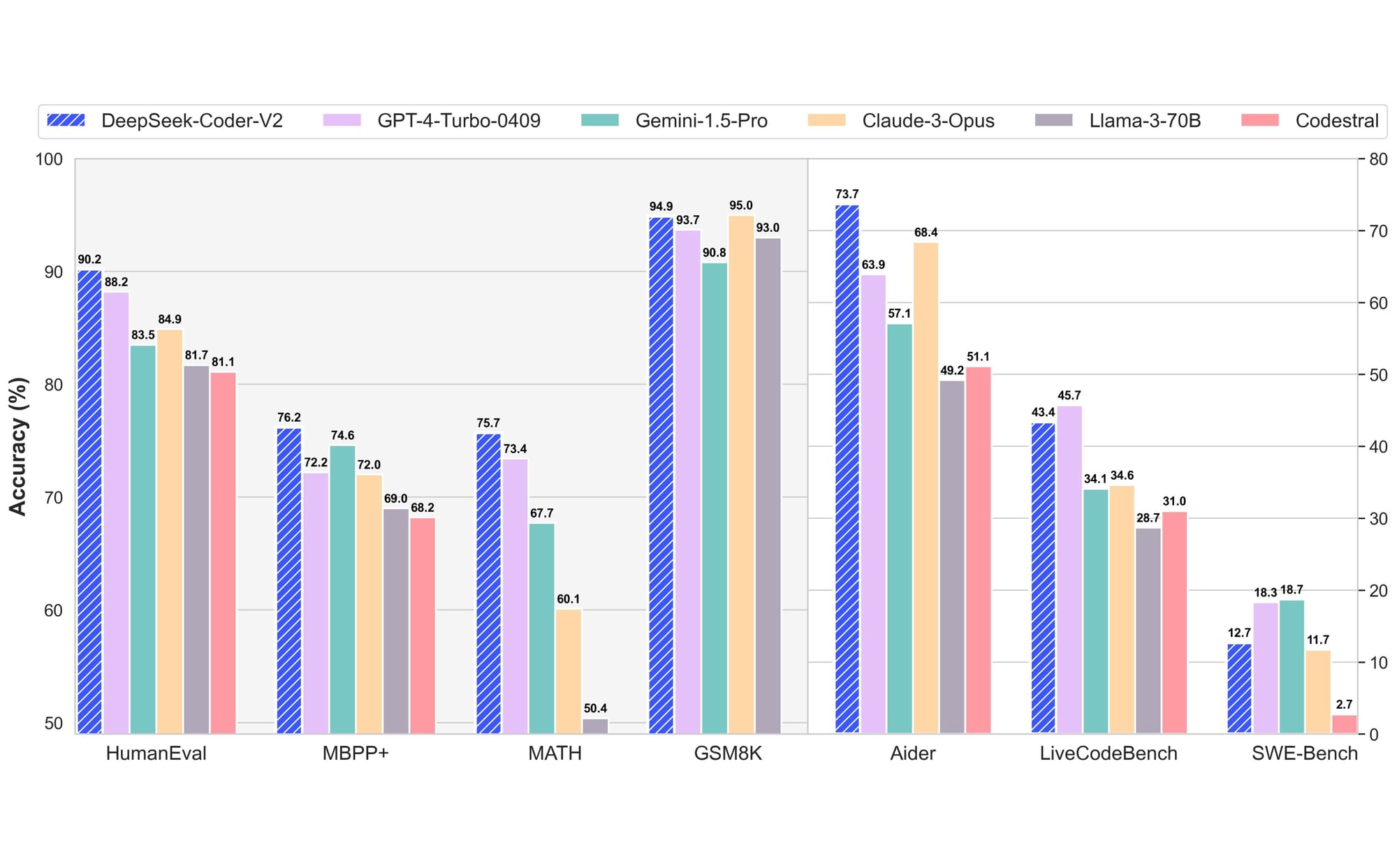
That's because it's unclear whether the answers ChatGPT spits out certify as "creativity," he said.
"There's a teaching that says creative expression is copyrightable, but truths and ideas are not," Kortz, who teaches at Harvard's Cyberlaw Clinic, said.
"There's a huge concern in copyright law today about whether the outputs of a generative AI can ever constitute creative expression or if they are necessarily unguarded truths," he included.

Could OpenAI roll those dice anyhow and declare that its outputs are secured?
That's unlikely, the legal representatives said.
OpenAI is currently on the record in The New york city Times' copyright case arguing that training AI is an allowed "fair use" exception to copyright security.
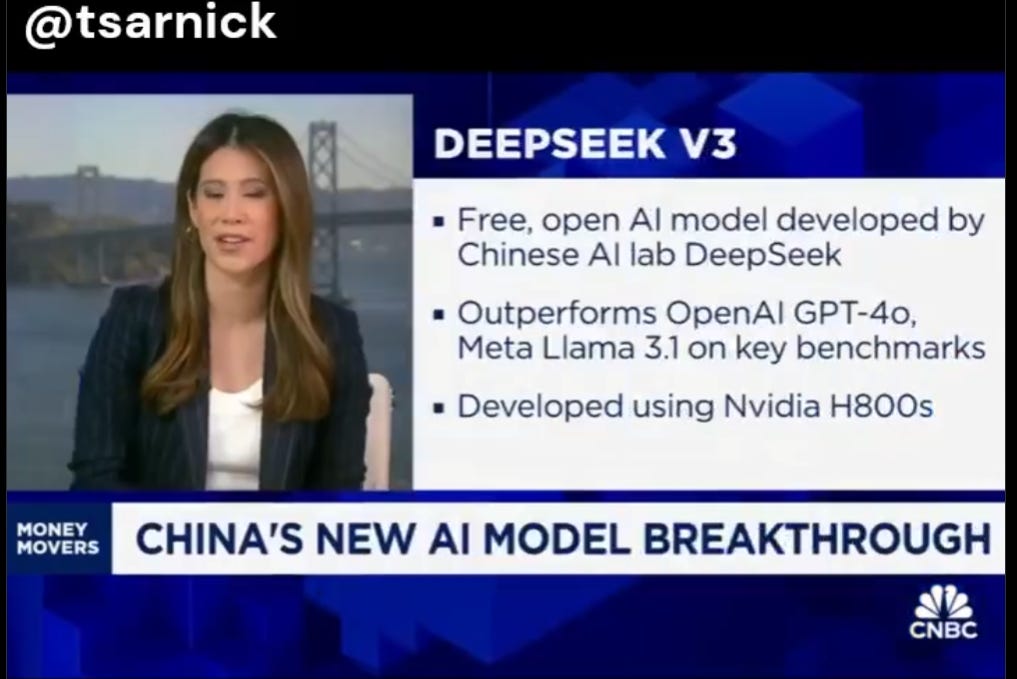
If they do a 180 and inform DeepSeek that training is not a fair usage, "that might return to kind of bite them," Kortz stated. "DeepSeek could say, 'Hey, weren't you just saying that training is fair use?'"
There might be a distinction in between the Times and DeepSeek cases, Kortz added.
"Maybe it's more transformative to turn news posts into a design" - as the Times accuses OpenAI of doing - "than it is to turn outputs of a design into another model," as DeepSeek is stated to have actually done, Kortz stated.
"But this still puts OpenAI in a quite difficult situation with regard to the line it's been toeing relating to reasonable use," he included.
A breach-of-contract lawsuit is more likely
A breach-of-contract lawsuit is much likelier than an IP-based claim, though it includes its own set of issues, said Anupam Chander, who teaches innovation law at Georgetown University.
Related stories
The terms of service for Big Tech chatbots like those established by OpenAI and Anthropic forbid utilizing their material as training fodder for a completing AI design.
"So possibly that's the claim you may potentially bring - a contract-based claim, not an IP-based claim," Chander stated.
"Not, 'You copied something from me,' but that you took advantage of my design to do something that you were not enabled to do under our contract."
There might be a drawback, Chander and Kortz said. OpenAI's regards to service need that most claims be dealt with through arbitration, not lawsuits. There's an exception for suits "to stop unapproved usage or abuse of the Services or intellectual property infringement or misappropriation."
There's a bigger hitch, though, specialists stated.
"You need to know that the fantastic scholar Mark Lemley and a coauthor argue that AI terms of usage are likely unenforceable," Chander said. He was referring to a January 10 paper, "The Mirage of Artificial Intelligence Regards To Use Restrictions," by Stanford Law's Mark A. Lemley and Peter Henderson of Princeton University's Center for Infotech Policy.
To date, "no model creator has actually attempted to implement these terms with monetary charges or injunctive relief," the paper states.
"This is most likely for great factor: we believe that the legal enforceability of these licenses is doubtful," it includes. That remains in part since design outputs "are mostly not copyrightable" and because laws like the Digital Millennium Copyright Act and the Computer Fraud and Abuse Act "deal limited recourse," it says.
"I think they are most likely unenforceable," Lemley informed BI of OpenAI's terms of service, "because DeepSeek didn't take anything copyrighted by OpenAI and since courts typically won't implement contracts not to contend in the lack of an IP right that would avoid that competition."
Lawsuits between parties in various nations, each with its own legal and enforcement systems, are always challenging, Kortz stated.
Even if OpenAI cleared all the above obstacles and won a judgment from a United States court or arbitrator, "in order to get DeepSeek to turn over cash or stop doing what it's doing, the enforcement would boil down to the Chinese legal system," he stated.
Here, OpenAI would be at the mercy of another very complicated area of law - the enforcement of foreign judgments and forum.batman.gainedge.org the balancing of private and corporate rights and national sovereignty - that stretches back to before the starting of the US.
"So this is, a long, complicated, fraught procedure," Kortz added.
Could OpenAI have secured itself much better from a distilling attack?
"They might have utilized technical steps to obstruct repetitive access to their website," Lemley stated. "But doing so would also interfere with regular clients."
He added: "I do not think they could, or should, have a legitimate legal claim versus the browsing of uncopyrightable details from a public site."
Representatives for DeepSeek did not immediately react to a demand for remark.
"We understand that groups in the PRC are actively working to use methods, including what's known as distillation, to try to duplicate sophisticated U.S. AI models," Rhianna Donaldson, an OpenAI spokesperson, informed BI in an emailed declaration.

